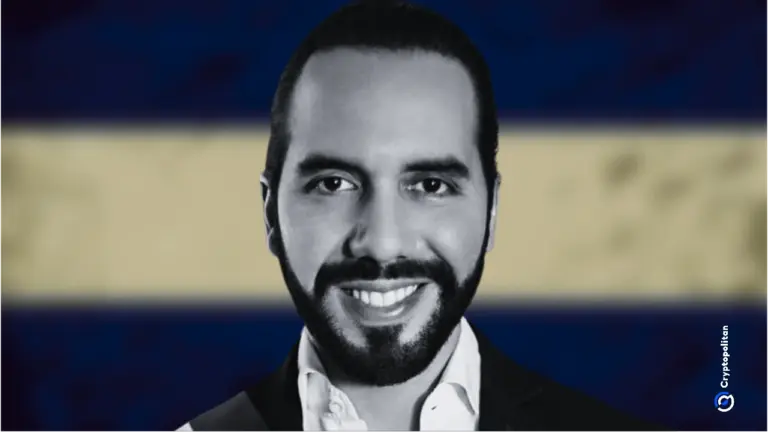Pennsylvania Bill Proposes Jail for Crypto-Holding Officials
- Pennsylvania bill aims to ban crypto for public officials.
- Ethics and transparency in crypto holdings targeted.
- Potential regulatory influence on other states.
Pennsylvania House Bill 1812 aims to jail public officials who hold cryptocurrencies, including Bitcoin and Ethereum, after 90 days, sponsored by Rep. Ben Waxman, currently under committee review.
This bill highlights growing ethical concerns regarding public officials’ crypto holdings, potentially impacting regulatory discourse nationwide, with no immediate market reactions reported.
House Bill 1812 intends to prohibit Pennsylvania public officials from holding cryptocurrencies during their tenure and for one year post-office. This legislative effort highlights increasing concerns over potential conflicts of interest related to digital assets.
Representative Ben Waxman sponsors the bill, supported by seven Democratic co-sponsors, citing a need for transparency and public trust. Officials must divest crypto assets exceeding $1,000 within 90 days to comply.
If passed, the bill would greatly affect officials engaged in the growing crypto market. The measure arises amid heightened scrutiny and ethical concern over federal officials’ involvement in digital assets.
This initiative, although at the committee review stage, stresses ethical conduct in governance. It may lead to broader debates on regulatory frameworks for digital assets across other states.
Such legislative actions could shape how cryptocurrency regulations develop nationwide. Its adoption might significantly alter the involvement of current officials in the crypto sector.
“This measure addresses rising ethical concerns as increasing numbers of public officials hold or transact with digital assets. It’s about transparency and public trust.” — Rep. Ben Waxman
Future developments will depend on the bill’s progress through the legislature. Whether such measures will be mirrored in other states remains to be seen. It underscores possible shifts toward stricter ethical standards in public service.
Disclaimer: The content of this article solely reflects the author's opinion and does not represent the platform in any capacity. This article is not intended to serve as a reference for making investment decisions.
You may also like
Trump’s oil donors are getting what they paid for – and they know it
Share link:In this post: Trump’s top oil donors are now directly influencing U.S. energy policy from inside his administration. Oil companies are receiving major tax breaks, permit approvals, and regulatory rollbacks. Despite policy wins, oil prices remain low and industry layoffs are increasing.
El Salvador marks Bitcoin Day with 21 BTC purchase
Share link:In this post: El Salvador adds another 21 BTC on the nation’s Bitcoin Day, worth roughly $2.3 billion at current prices. The country now holds around 6,313.18 BTC, worth around $702 million. The nation also redistributed its holdings last month across multiple addresses, with a cap of 500 BTC per address.

As ‘Bowie Bonds’ go mainstream, can crypto apply the tokenized IP rights model?
Share link:In this post: Mainstream markets are absorbing a growing number of IP rights deals backed by music catalogues. In 2025, an estimated $4.4B to $6.7B in music IP rights were sold as bonds, with ratings coming from the leading agencies. The crypto space also revived the IP rights narrative, with new projects offering tokenized royalties.

Should you quit your stable job and go all in on cryptocurrency?
If you are young, have some savings, and possess certain advantages and connections in this field, you might as well give it a try.
